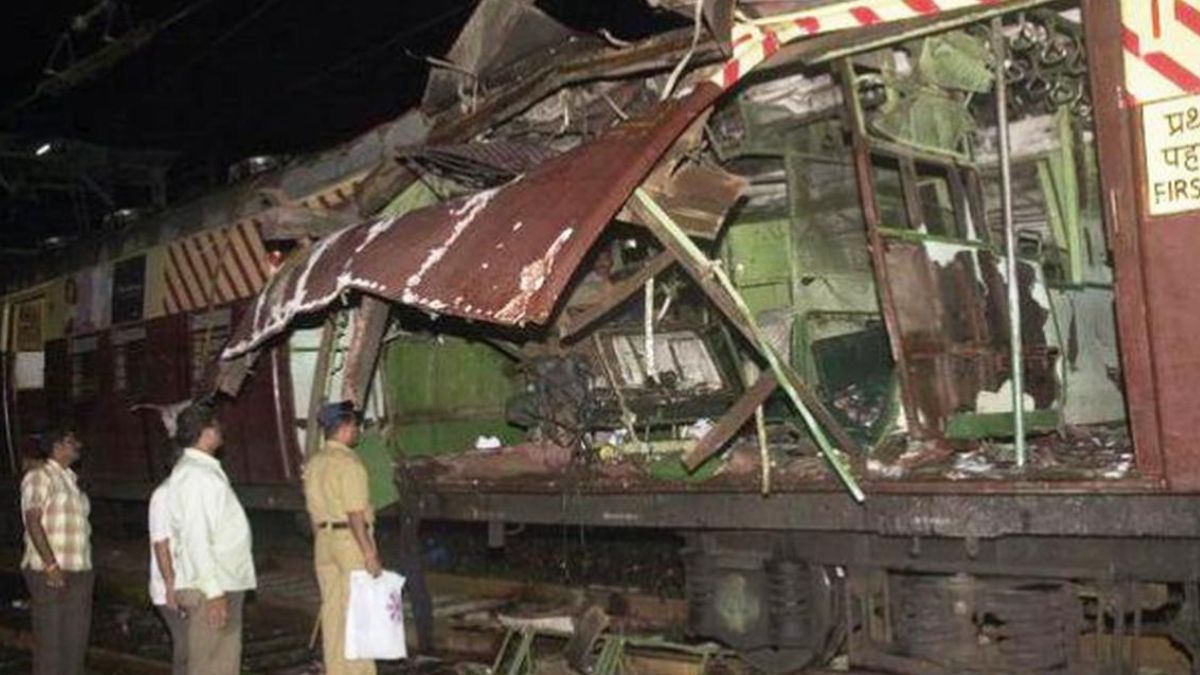In a landmark decision, the Bombay High Court on Monday acquitted all 12 men convicted in the 2006 Mumbai local train bombings, overturning the earlier verdict of a special MCOCA court that had sentenced five of them to death and seven to life imprisonment.
On July 11, 2006, seven bomb blasts ripped through Mumbai’s Western Railway suburban trains, killing 189 people and injuring more than 820. The case came to be known as the 7/11 Mumbai Blasts and marked one of the deadliest terror attacks in the city’s history.
A special bench of Justices Anil Kilor and Shyam Chandak, which heard appeals from both the state and the convicts over the last six months, delivered the judgment today, setting aside all convictions. A detailed copy of the judgment is awaited.
In 2015, a special MCOCA court had convicted the 12 men — sentencing five, including Kamal Ansari, Mohammad Faisal Ataur Rahman Shaikh, Ehtesham Qutubuddin Siddiqui, Naveed Hussain Khan, and Asif Khan, to death for planting the bombs. The other seven, including Tanveer Ahmed Ansari, Mohammed Majid Shafi, Shaikh Mohammed Ali, Mohammed Sajid Ansari, Muzammil Shaikh, Suhail Mehmood Shaikh, and Zameer Ahmed Shaikh, were given life terms.
One accused, Wahid Shaikh, had already been acquitted by the trial court after spending nine years in prison.
Senior advocate Dr. S. Muralidhar, appearing for two of the convicts, had argued extensively on the lapses in investigation, the coercion of confessions, and the “biased” nature of the probe and trial. Highlighting the stigma faced by the accused and their families, he stated:
“Innocent people are sent to jail, and years later, when they are released, there is no possibility of rebuilding their lives. The majority of their prime years have already been lost.”
The court acknowledged the concerns about procedural flaws and the quality of evidence, leading to the acquittal of all remaining accused after nearly 18 years in jail.
The ruling underscores systemic failures in investigating and prosecuting terrorism cases and brings to light the human cost of wrongful incarceration.


